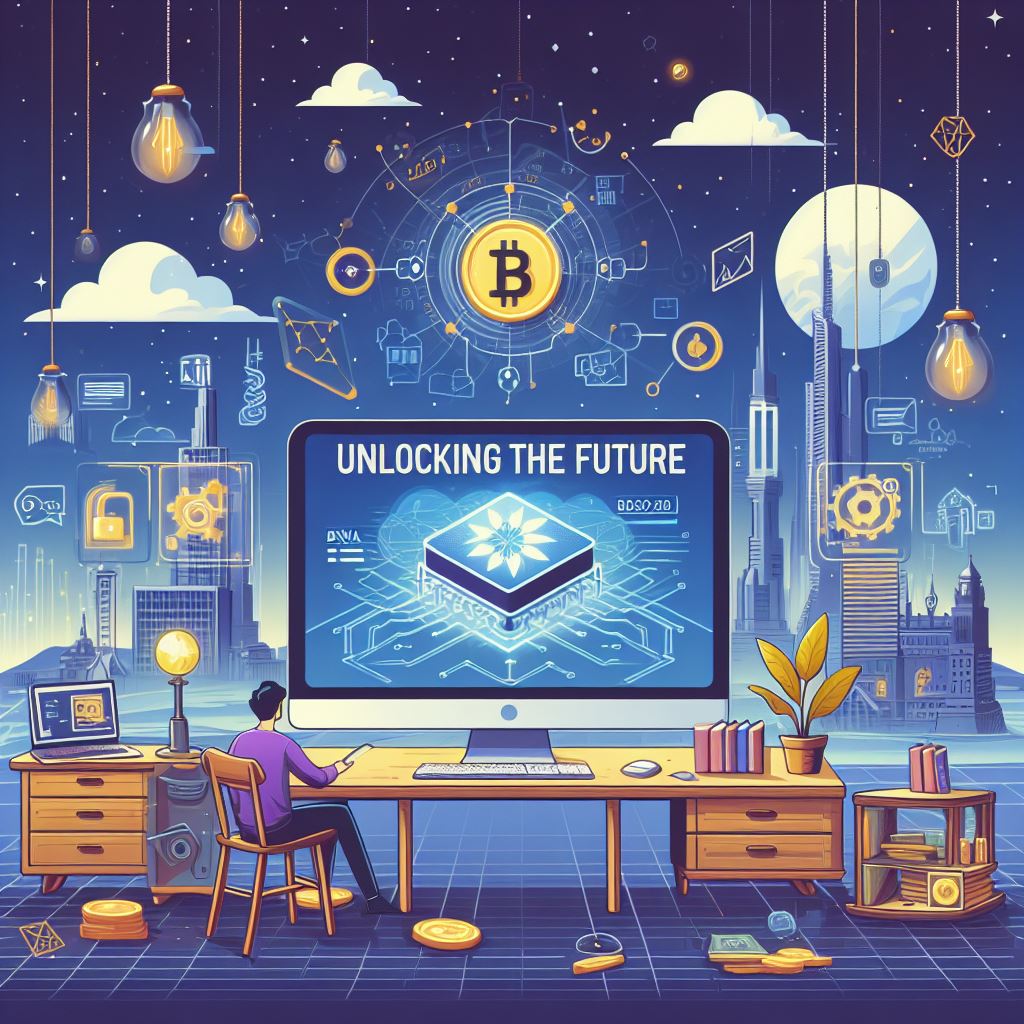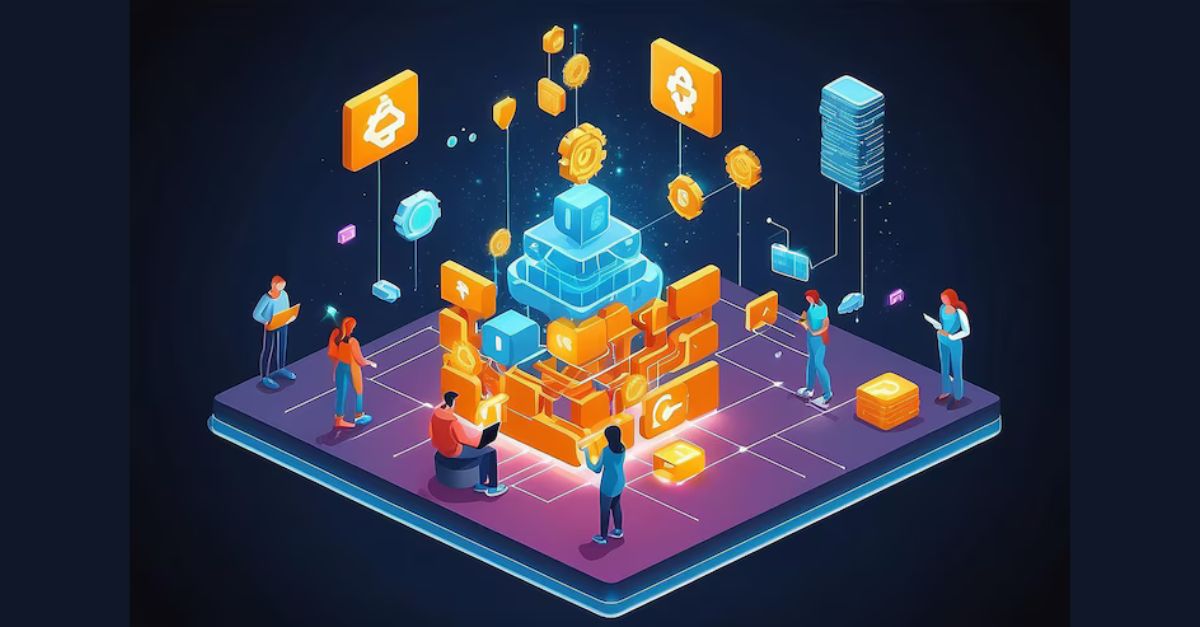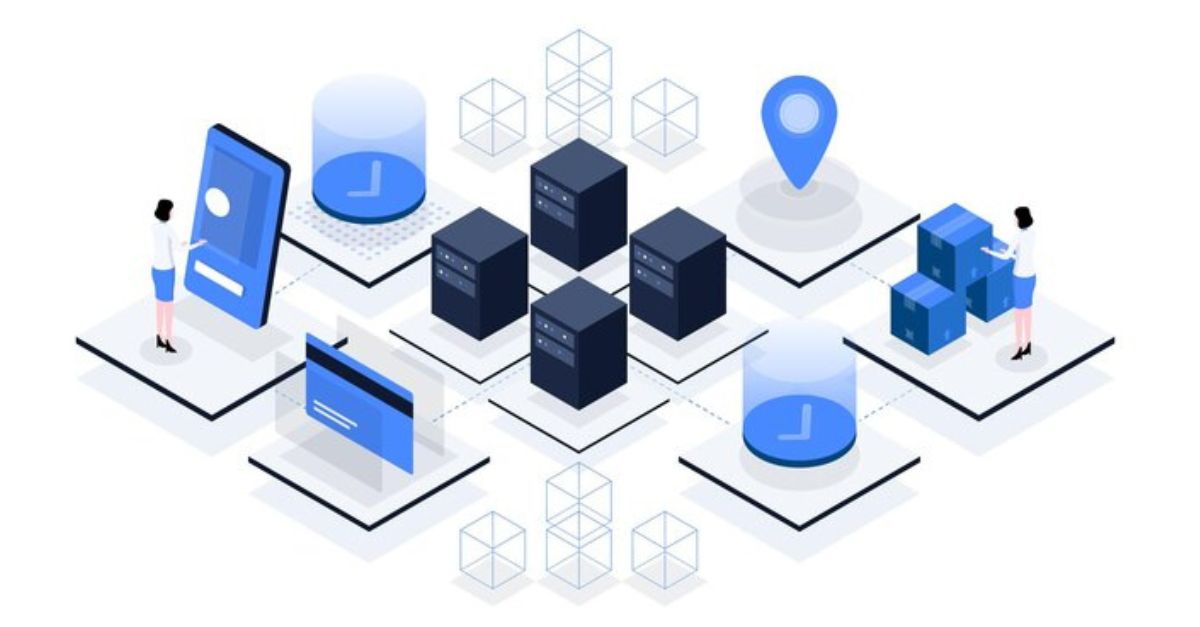
The intersection of traditional finance and blockchain technology has given rise to Real World Asset (RWA) tokenization, which involves transforming tangible assets, such as real estate, art, and commodities, into digital tokens using blockchain. This process brings about unprecedented opportunities for investors, enhancing liquidity and accessibility in ways previously unattainable.
In this blog (which is our first in the series of RWA tokenization), we will explain RWA, its benefits, and use cases, focusing specifically on the revolutionary impact of tokenizing real estate assets
Real World Assets (RWA) Overview
Real World Assets (RWA) represent tangible and physical assets in the real world that have intrinsic value. These assets serve as the foundation for tokenization, a process that transforms them into digital tokens on a blockchain. The key categories of real-world assets include:
- Real Estate: Real estate, comprising residential, commercial, and industrial properties, is a prime candidate for tokenization. The process allows property owners to divide their holdings into tradable tokens, providing investors with fractional ownership and liquidity in real estate markets.
- Financial Instruments: Beyond traditional real estate, financial instruments such as stocks, bonds, and other securities can also undergo tokenization. This process brings efficiency and accessibility to the trading of financial assets, opening up new possibilities for investors in the world of securities.
- Commodities: Physical commodities such as precious metals, agricultural products, and energy resources can be tokenized. This facilitates more efficient trading and investment by breaking down large commodity holdings into divisible digital tokens.
- Carbon Credit Tokenization: With the growing focus on sustainability, carbon credits—representing the right to emit a specific amount of greenhouse gases—can undergo tokenization. This allows for more transparent and accessible trading of carbon credits, contributing to efforts aimed at combating climate change.
- Intellectual Property: Intellectual property, including patents, copyrights, and trademarks, can undergo tokenization. This allows IP owners to monetize their creations by selling digital tokens representing a share of the intellectual property.
Challenges in Traditional RWA Transactions
Despite the inherent value of RWAs, traditional transactions involving these assets face significant challenges. Liquidity, or the ease with which an asset can be bought or sold in the market without affecting its price, is often a bottleneck in traditional RWA markets. Moreover, these opportunities are often restricted to institutional investors, limiting accessibility for the broader investor community.
- Liquidity Constraints: Traditional real-world assets often lack liquidity, making it challenging for investors to buy or sell quickly. Tokenization addresses this by enabling fractional ownership and secondary market trading, enhancing overall liquidity.
- Market Inefficiencies: Traditional markets for real-world assets may suffer from inefficiencies, including lengthy settlement times and complex transaction processes. Tokenization streamlines these processes, reducing inefficiencies and improving the overall market structure.
- Limited Accessibility: Investments in certain real-world assets may be restricted to institutional players due to high entry barriers. Tokenization democratizes access, allowing retail investors to participate in asset classes that were previously inaccessible.
- Opaque Ownership Structures: Traditional ownership structures can be complex and opaque. Tokenization on the blockchain ensures transparent and immutable ownership records, reducing the risk of disputes and enhancing trust among investors.
Tokenization
At its core, tokenization is a revolutionary process that involves representing ownership of real-world assets through digital tokens. Each token corresponds to a share or fraction of the underlying asset, introducing benefits such as heightened liquidity, the possibility of fractional ownership, and unrestricted 24/7 market availability. This departure from traditional market constraints opens up new horizons for investors seeking flexibility and increased market efficiency.
Advantages of Tokenization of RWAs
A. Increased Liquidity
- Breaking down barriers to entry: RWA tokenization revolutionizes the investment landscape by fragmenting large, illiquid assets into tradable digital tokens. This fractional ownership model enables investors with varying budget sizes to access and participate in markets that were previously reserved for high-net-worth individuals and institutions. By breaking down barriers to entry, RWA tokenization fosters a more inclusive financial environment.
- 24/7 market availability: Traditional financial markets often operate within specific hours and time zones, limiting the window for trading activities. RWA tokenization leverages the decentralized nature of blockchain technology to enable 24/7 market availability. Investors can buy, sell, and trade tokenized assets at any time, enhancing market liquidity and providing participants with the flexibility to engage in transactions when it suits them.
B. Accessibility and Inclusivity
- Opening up investments to a broader audience: RWA tokenization democratizes investment opportunities by making them accessible to a broader audience. Through fractional ownership and the ability to purchase smaller units of high-value assets, individuals who were previously excluded from certain markets can now diversify their portfolios with a more manageable investment size. This inclusive approach broadens the investor base, fostering diversity and resilience in the financial ecosystem.
- Democratizing access to traditionally exclusive assets: Historically, certain asset classes such as real estate, fine art, and high-value commodities have been exclusive to a select group of investors due to substantial capital requirements. RWA tokenization dismantles these exclusivity barriers, allowing retail investors to participate in ownership and benefit from the potential appreciation of these traditionally elite assets. This shift towards inclusivity marks a significant departure from the conventional financial paradigm.
C. Reduced Costs and Efficiencies
- Streamlining processes through blockchain: RWA tokenization leverages the efficiency of blockchain technology to streamline the entire lifecycle of asset transactions. Smart contracts, self-executing contracts with coded terms, automate various processes such as the issuance, transfer, and settlement of tokens. This automation not only reduces the need for intermediaries but also minimizes the administrative burden, leading to a more seamless and efficient investment process.
- Lowering transaction costs: Traditional financial transactions involve multiple intermediaries, each charging fees for their services. RWA tokenization eliminates or minimizes these intermediaries, significantly lowering transaction costs. The peer-to-peer nature of blockchain transactions further reduces fees associated with third-party involvement. As a result, investors benefit from cost-effective transactions, making the investment landscape more economically viable for all participants.
Real-world Use Cases: Tokenization of Real Estate
Real estate tokenization involves the conversion of real-world properties into digital tokens on a blockchain, offering a paradigm shift in real estate transactions. This process allows for the fractional ownership of real estate assets, making it accessible to a wider range of investors and enhancing liquidity in traditionally illiquid markets.
Using blockchain technology, real estate tokenization brings transparency, efficiency, and security to property transactions. Each property is represented by tokens, which can be bought, sold, and traded on a blockchain platform. This not only reduces the barriers to entry for investors but also introduces 24/7 market availability, enabling transactions at any time.
Key benefits of real estate tokenization include:
- Fractional Ownership: Investors can buy and own a fraction of a property by holding tokens, allowing them to diversify their real estate portfolio with smaller investments.
- Liquidity: Tokenization introduces liquidity to the real estate market, enabling property owners to sell or trade their tokens, and providing an exit option for investors.
- Global Accessibility: Blockchain technology facilitates global investment by allowing investors from different parts of the world to participate in real estate markets that were once limited by geographical boundaries.
- Efficiency and Transparency: Smart contracts automate processes, ensuring transparent and efficient transactions. The decentralized nature of blockchain enhances security and reduces the need for intermediaries.
Next in Series: RWA Tokenization of Real Estate
As we delve deeper into the transformative realm of real estate tokenization in our next article, we will explore specific case studies illustrating successful implementations. Additionally, we will examine the regulatory landscape surrounding RWA tokenization of real estate, highlighting key considerations for stakeholders. Join us in our exploration of this groundbreaking intersection of real estate and blockchain technology, where traditional property ownership converges with the digital future.


